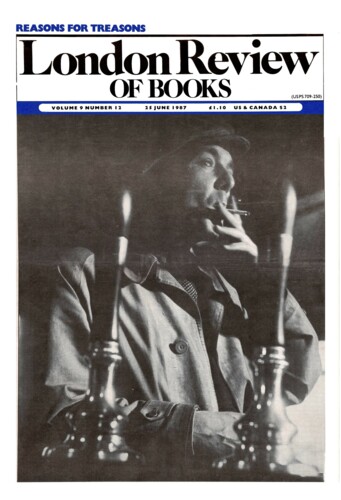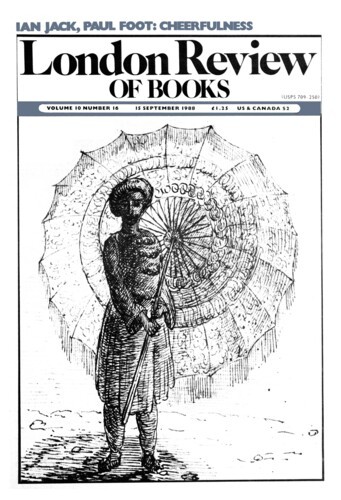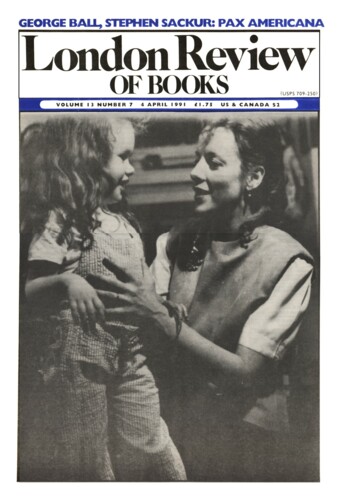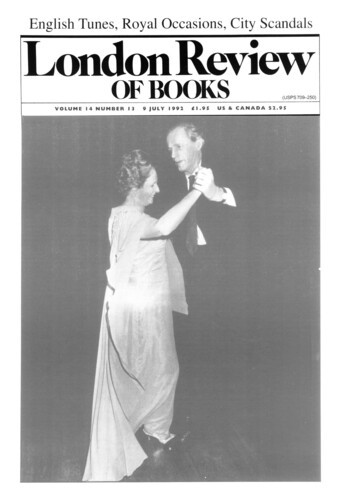The narrator of After Silence is Max Fischer, the famous cartoonist. At the Los Angeles County Museum, where his work is on display, his life collides with that of Lily Aaron, a divorcee with a son called Lincoln. Lily shows a womanly sophistication and cynical maturity that one presumes must come from her past experiences of ‘things not working out’, and a disarming, sentimental girlishness which surely must have betrayed her into a bad marriage in the first place. She is independent-minded, ‘very feminine and adult’, but eminently rescuable: the divorced mother with a child (one thinks of Superman III) is no longer a figure of despair but of a peculiar virginal charm, pulling at the heartstrings. And Max Fischer is charmed. He is genuinely in love with the idea of ‘family’, and Lily Aaron and Lincoln promise him the opportunity of having one without confronting the nitty-gritty of finding out, through marriage, what marriage is about, and what raising a child means. Here is a little family, already magically complete, and only in need of a man. The charm and potential eeriness of this situation could not have been possible fifty years ago: for then there were too few divorces, and when they occurred, they were, reassuringly, too much of a disruptive force to enter in quite such a deceptively innocent and romantic way into a novel. But After Silence is an utterly absorbing exploration of the disturbing complicity, even interdependence, between innocence and terror in America, between comic-strips, home-movies, Chinese restaurants, ‘being famous’, monster outfits, pizza parlours, Disneyland fantasy, fast-food shops, and private paranoia and public violence.
The narrator of After Silence is Max Fischer, the famous cartoonist. At the Los Angeles County Museum, where his work is on display, his life collides with that of Lily Aaron, a divorcee with a...





